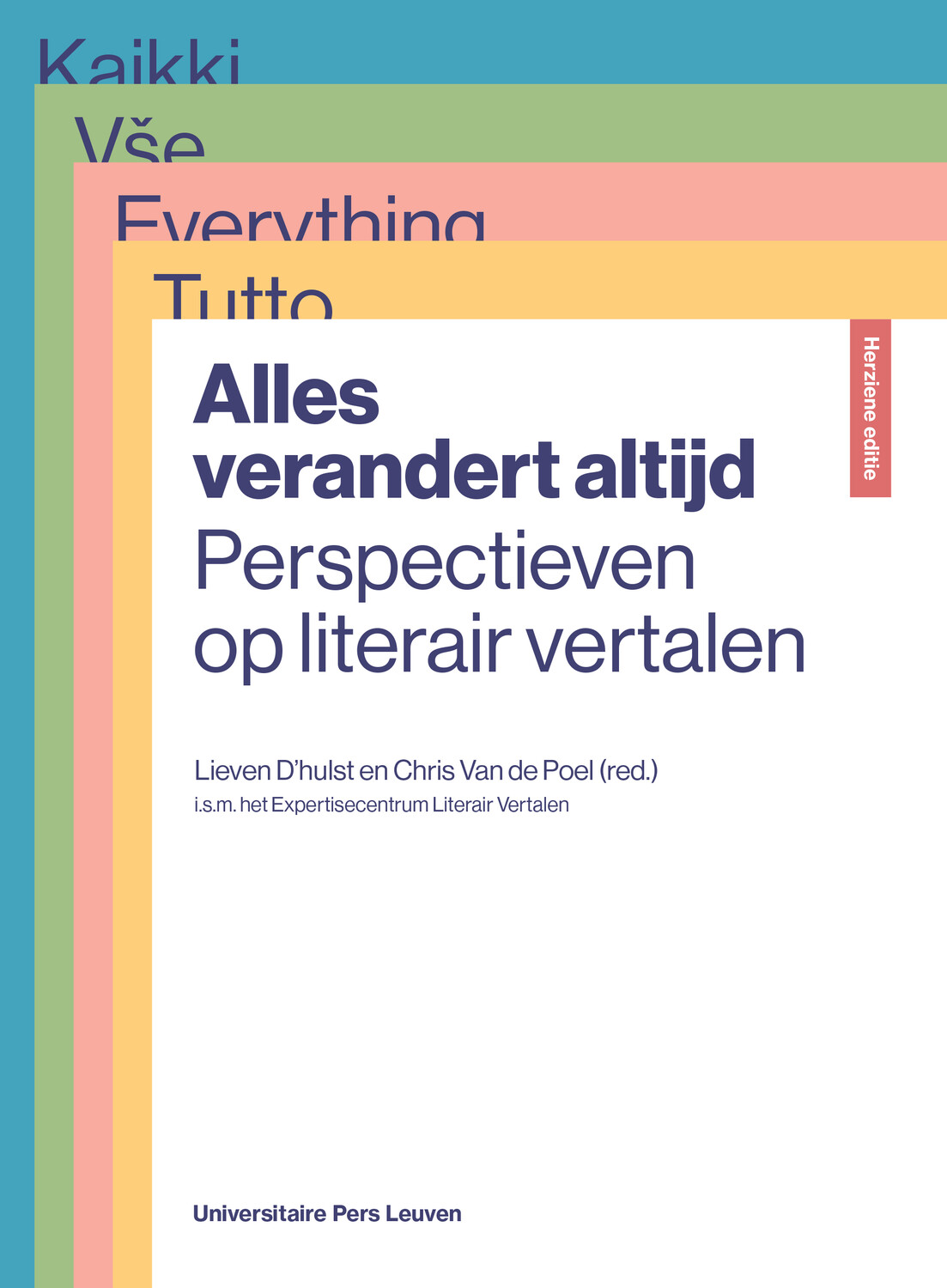University Presses are among the most visible societal vehicles of universities. They are at the core of what academic communities do: discovering and inventing new and future realities.
Geert Bouckaert, President of the Board since 2007

Please introduce yourself briefly
As a professor in public management and governance at the KU Leuven Public Governance Institute (Faculty of Social Sciences) I had a varied academic training in business administration, political science, and philosophy. My academic focus is on how the public sector is functioning and changing to deliver services, implement policies, and organise a well-functioning society. Within this field of public administration, my focus is on structures of government, financial management, and performance of public systems.
It is a privilege to also hold the chair of the KU Leuven Commission for Contemporary Art. To combine a passion for contemporary science and contemporary art is a perfect stepping stone to understand how the relevance of science and art in our current times can be communicated.
How did you come to take responsibility for Leuven University Press?

In 2007, the previous general manager of KU Leuven, professor Koen De Backere, entrusted me with the role of Leuven UP's board president. Supporting Leuven University Press in becoming a sound and sustainable scholarly publisher has been an extraordinary and enriching experience. The collaboration with the current and previous director, Veerle De Laet and Marike Schipper, in doing so has been truly a privilege. They have delivered outstanding work, and Veerle and her team will continue to do so.
Which moment, project or book at Leuven University Press will you always remember and why?
When Thomas More published his ‘Utopia’ in Leuven in 1516, it was not with Leuven University Press (unfortunately), but it was with a press in the university town of Leuven. When celebrating the 500th anniversary of this milestone publication in 2016, it was a pleasure and an honour to have realised, in close cooperation with the colleagues from KU Leuven Metaforum, an edited book that constituted a truly university-wide effort. The collection spans the university's multiple disciplines and focuses on the broad spectrum of utopian visions within these various fields of research.
This publication, 'A Truly Golden Handbook', will be of lasting importance since it documents how our university is able to leave its comfort zone and conceive the almost inconceivable and thus what is utopian. This book will retain its status as a reference work, likely until 2125, when KU Leuven will celebrate its 700th anniversary, or in 2116, when it will be 600 years since More’s Utopia was first published, to verify how right or wrong we were about our own futures.
Which projects/activities are you particularly proud of?
I am very proud of the whole Leuven University Press team. They are professional, dedicated, hard-working, motivated, innovative, and creative in making the strategy happen. They are also patient, supportive, and helpful to all authors and editors. This is a dream team, and I am very proud of everyone involved in making Leuven University Press an outstanding university press.
Where do you see the future of Leuven University Press?
University Presses are among the most visible societal vehicles of universities. They stand at the very crux of what academic communities are engaged in: discovering and inventing new and future realities. University Presses both function as an essential hub and transmitter of knowledge and expertise within academic communities and as a bridge between the academic landscape and society at large. They play a pivotal role in communicating and demonstrating the broader relevance of science and art to the public as a whole.
Leuven University Press covers all these roles.
My dream is that Leuven University Press becomes The University Press in continental Europe, in a close network of other major university presses.
My dream is that Leuven University Press manages to realise free open access to communicate knowledge and research findings.
My dream is that Leuven University Press publishes books and articles that impact societal and academic agendas and debates, and therefore future realities.
This team, under the leadership of Veerle, will make this happen.
_______
Pictures: Geert Bouckaert at the Press's 45th anniversary reception in 2016 // Geert Bouckaert, Koen De Backere and Marike Schipper at the Press's 45th anniversary reception in 2016











































